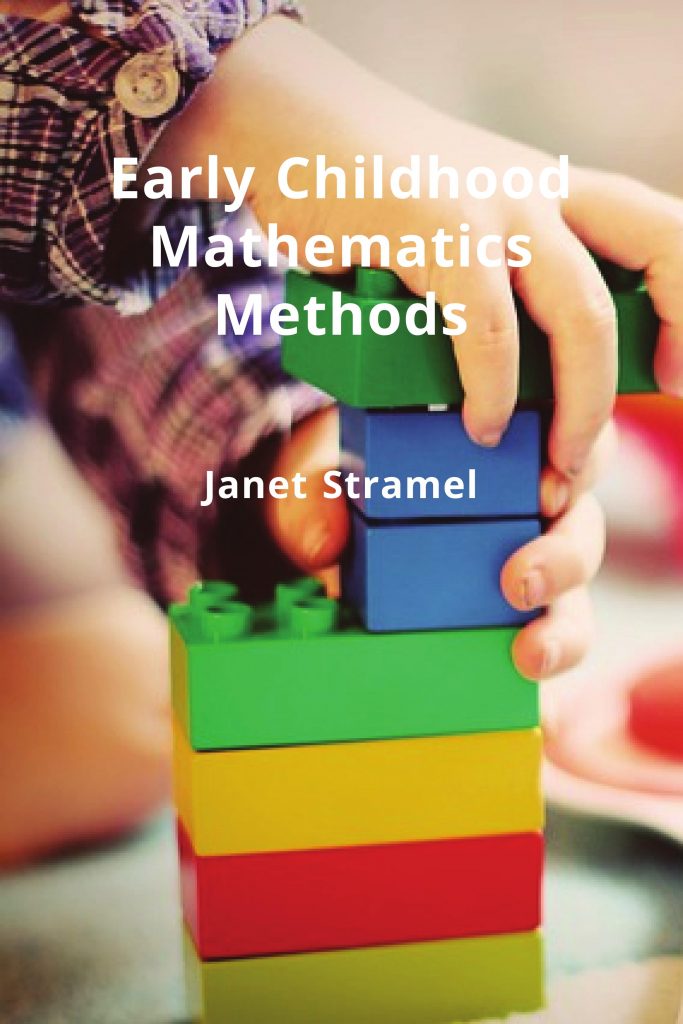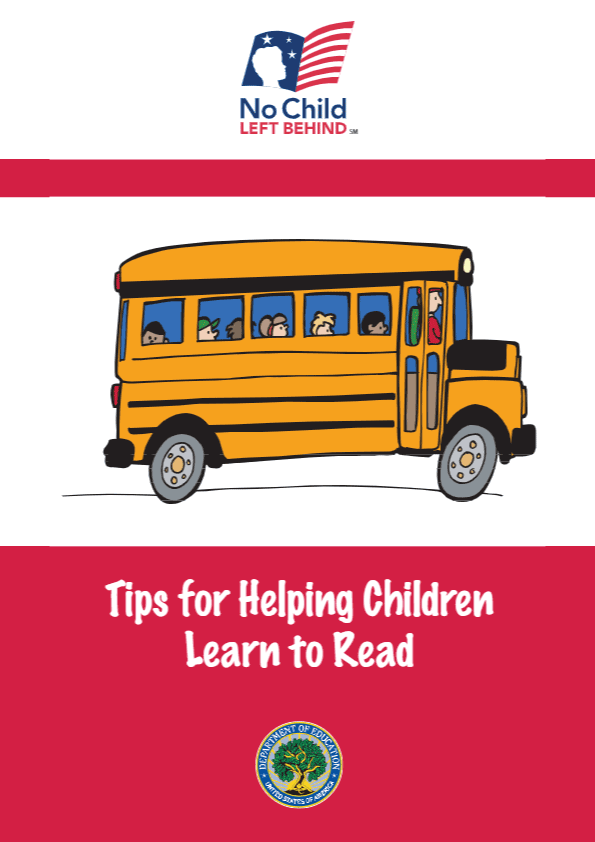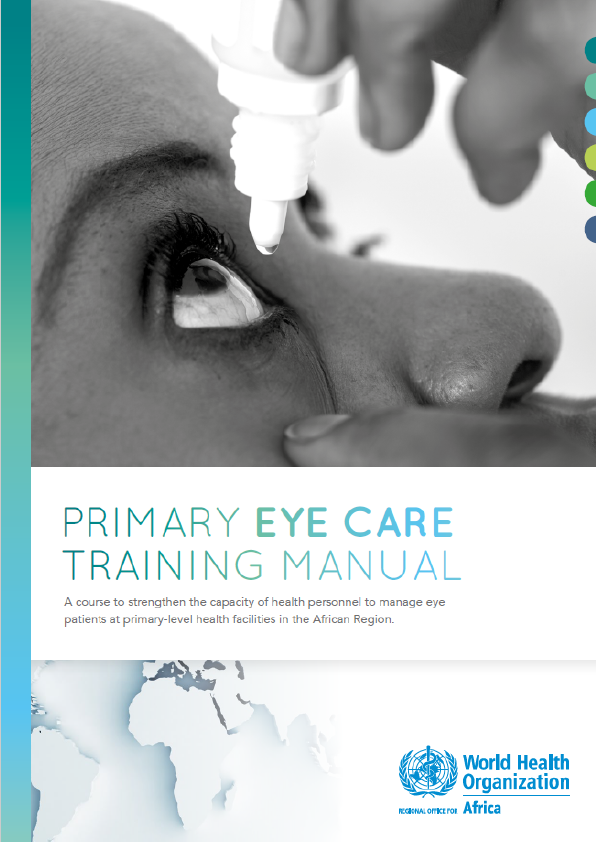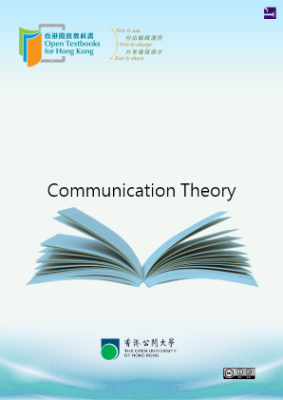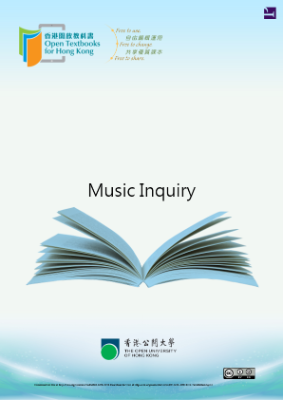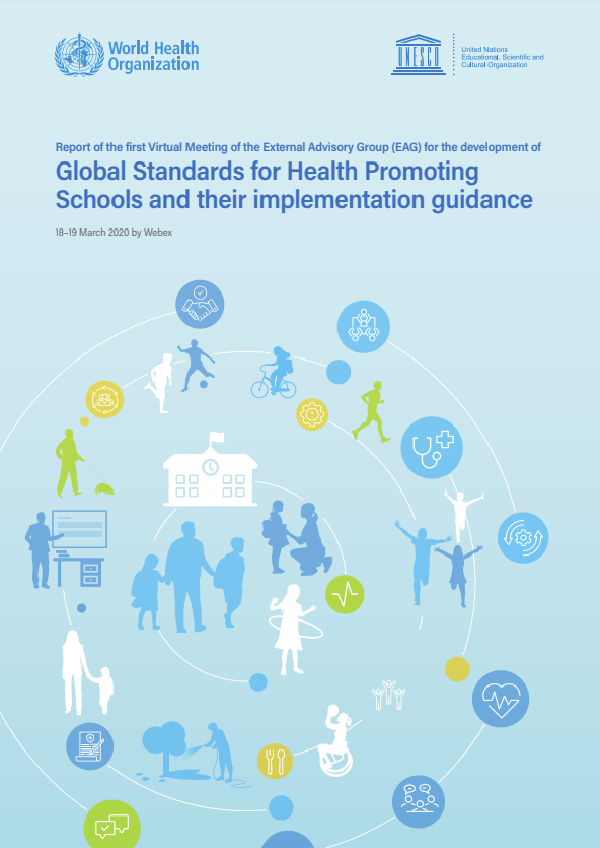Most people agree that early childhood includes the period from infancy until eight years of age, characterized by rapid and complex growth in physical, cognitive, and social domains. Math skills must be taught in early childhood. Children should be provided a foundation to succeed in elementary school and beyond. Teachers should focus lessons in early childhood around the basic skills that will help to advance future mathematics. From preschool to the end of elementary school, children are setting the foundation for future life skills.
Learning mathematics is “a ‘natural’ and developmentally appropriate activity for young children” (Ginsberg, Lee, and Boyd, 2008). Through their everyday interactions with the world, many children develop informal concepts about space, quantity, size, patterns, and operations. Unfortunately, not all children have the same opportunities to build these informal and foundational concepts of mathematics in their day-to-day lives (Sherman-LeVos, 2010). Young children are naturally curious, and the best time to begin mathematics is at a time while the young child’s brain is rapidly developing. Mathematics in early childhood helps children develop critical thinking and reasoning skills early on and it’s the key to the foundation for success in their formal schooling years.
The Importance of Early Childhood Mathematics
“Mathematical knowledge begins during infancy and undergoes extensive development over the first 5 years of life. It is just as natural for young children to think mathematically as it is for them to use language, because “humans are born with a fundamental sense of quantity” (Geary, 1994, p. 1), as well as spatial sense, a propensity to search for patterns, and so forth” (Clements, Sarama, & DiBiase, 2004).
Emergent mathematics is the earliest phase of development of mathematical and spatial concepts. Emergent mathematics encompasses the skills and attitudes that a child develops in relation to math concepts throughout the early childhood period. Emergent mathematics and those foundational math skills are not optional. They are necessary to the success of each and every student.
It is widely accepted that literacy learning begins the day a child is born. Reading to infants and toddlers and preschoolers is an early predictor of positive literacy success. Mathematical understanding can be regarded in the same way. During the first months of life, a child begins to construct the foundations for mathematical concepts. For example, before a child can count, he/she can construct ideas about mathematics. They recognize “more,” “less,” and basic equality.
Read the articles, “Early Math Skills Predict Later Academic Success” by Nancy Christensen. You will notice that early childhood mathematics is critical for the future success of children (Duncan, 2007). As you read this article, reflect on what you have learned, what difference it makes to you as a future teacher and the children you will teach, and what you can do with this information.
